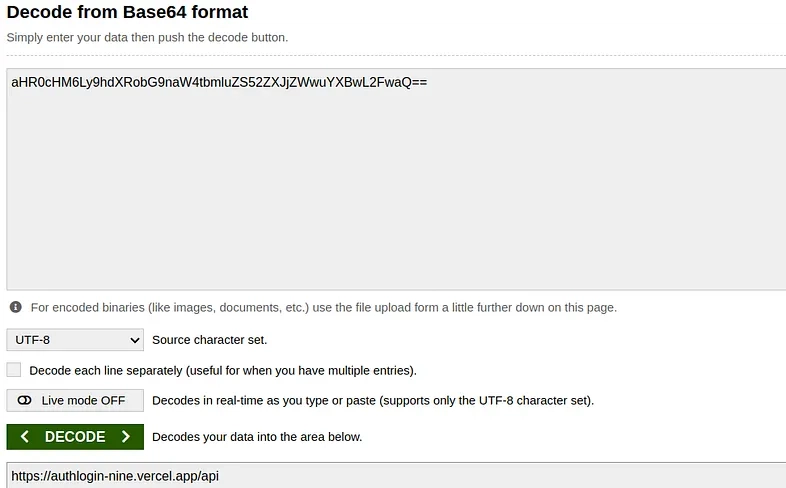After years of working with .NET in production, I’ve learned that memory issues rarely show up where you expect them. Everything runs perfectly in staging, then a week later, the service slows down, logs start piling up, and everyone blames the garbage collector. But in most cases, it’s not the GC. It’s the way we write and manage our code.
Over the years, our engineering teams have handled dozens of .NET applications across different domains, and certain patterns keep repeating. The same mistakes lead to the same performance issues. What helped us fix them weren’t fancy optimizations, but small, disciplined changes.
These are some .NET Memory Hacks that have helped our teams keep systems stable and efficient in production.
.NET Memory Hacks We Learned the Hard Way (And Still Use Today)
Here’s a breakdown of six .NET memory hacks that have actually worked for our teams in real projects.
1. LINQ Everywhere? Probably a Bad Idea
LINQ makes code readable, but we’ve seen it destroy performance in places where it shouldn’t be used.
One of our older APIs had this habit of nesting LINQ queries everywhere. It looked neat, but each query was creating temporary objects and chewing up memory fast.
We rewrote the heavy loops using simple for or foreach constructs. The code became slightly longer, but memory usage dropped significantly, and latency improved. Sometimes boring code is better code.
Use LINQ when it makes sense. Don’t use it just to make the code look clean.
2. Reuse Stuff. Stop Recreating
This one is one of the most underrated .NET memory hacks that worked for us.
A few years back, our team worked on a report generator that processed large CSVs every night. It created new StringBuilder and list instances for every file, then threw them away. It worked fine for small files, but failed the moment the data size grew.
We fixed it by reusing buffers from ArrayPool and clearing existing StringBuilder objects instead of recreating them. Memory stabilized, and the job ran faster too.
It’s a simple habit: reuse what you can. It saves both time and memory.
3. Dispose Resources Every Time
If you ever think,
“I’ll clean this up later,”
you won’t!
Any class that implements IDisposable needs to be cleaned up properly. One missing Dispose() call is enough to cause slow leaks that show up hours or even days later.
We once had a worker that uploaded logs to Azure Blob Storage. Someone forgot to dispose of the file stream. It worked fine for a week before the service crashed in production. It took hours to find that single missing line.
After that, our teams adopted using var consistently. We’ve never faced that issue again.
4. Be Careful With Caching
Caching sounds good until you realize you’re caching too much.
We once cached entire objects, thinking it would save processing time.
Instead, memory usage doubled. The profiler later showed that most of the cached data was barely accessed.
We fixed it by caching only computed values and small pieces of data that were actually reused. The rest we left out.
Caching should make your system faster, not heavier. Keep it focused and relevant.
5. Profile Before You Panic
If you’re guessing where the leak is, you’re already wasting time!
We once faced a sudden memory spike and were convinced it was caused by Entity Framework Core or JSON serialization. It turned out to be a simple HttpClient issue, because a developer had created a new instance for every request, leaving thousands of sockets open.
We caught it only after running dotMemory. Switching to HttpClientFactory fixed the issue instantly.
Always use a profiler. Guessing only wastes time.
6. Avoid Boxing and Unboxing in Loops and Heavy Workloads
This one doesn’t always show up on radar, but it matters in performance-critical code.
Boxing happens when a value type, like int, is treated as an object. It sounds harmless, but if it happens repeatedly in loops or collections, it adds unnecessary overhead and GC pressure.
One of our services that processed millions of records was hit by this. Boxing was happening silently inside a logging utility. Replacing it with a strongly typed version reduced allocations and improved throughput.
If you work with generics, logging, or dynamic structures, keep an eye on boxing. It’s easy to miss but has a big impact on memory stability.
Wrapping Up
Most .NET memory issues come from habits, not from the framework itself.
These .NET Memory Hacks may sound simple, but they work. Don’t overuse LINQ. Reuse buffers. Dispose objects. Cache carefully. And profile everything before you fix it.
Our teams have seen these small changes make a massive difference in how systems behave under real-world load. If your applications are running large-scale .NET workloads and starting to show performance strain, it might be time to bring in experts who’ve solved these problems before.
If you’re working on large-scale .NET systems and hitting performance walls, it’s worth getting help from people who’ve been through it before. You can hire .NET developers who understand how to tune applications, manage memory properly, and keep systems stable under real-world load.



